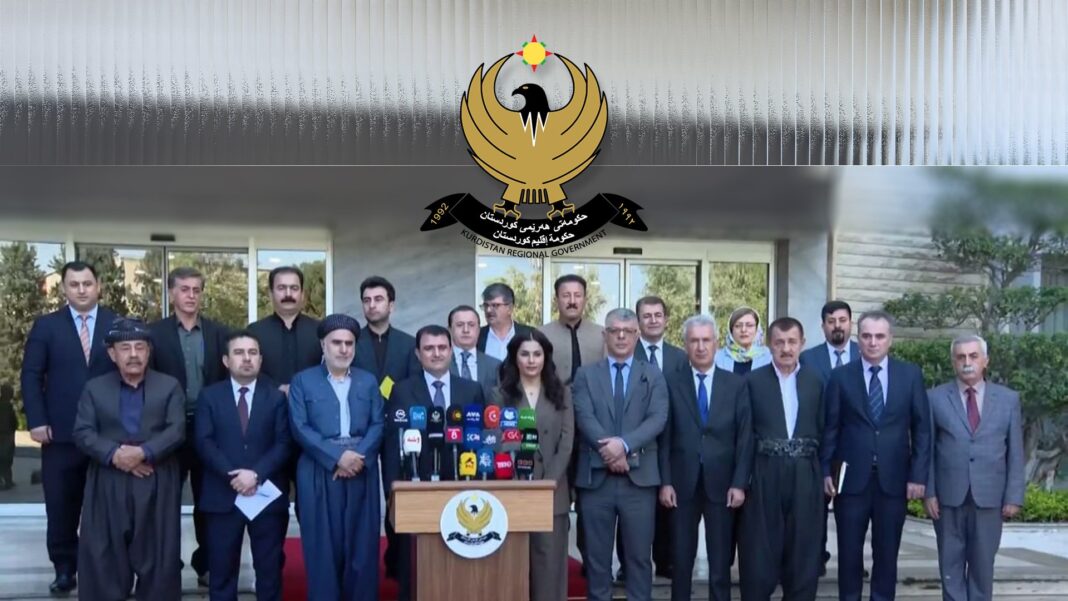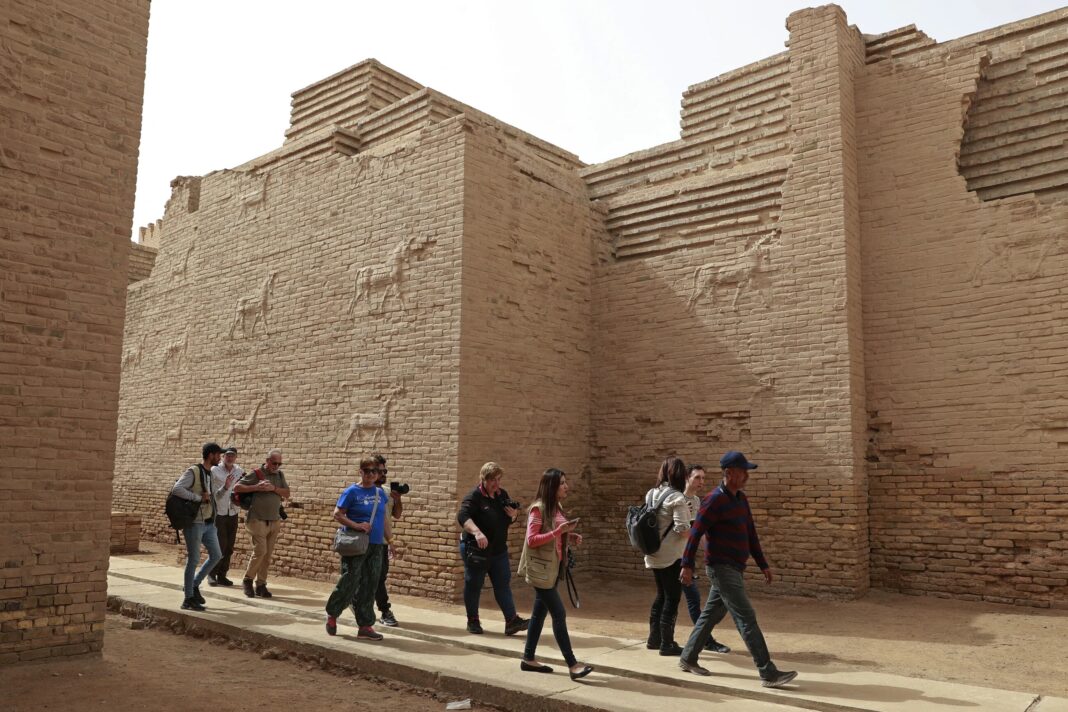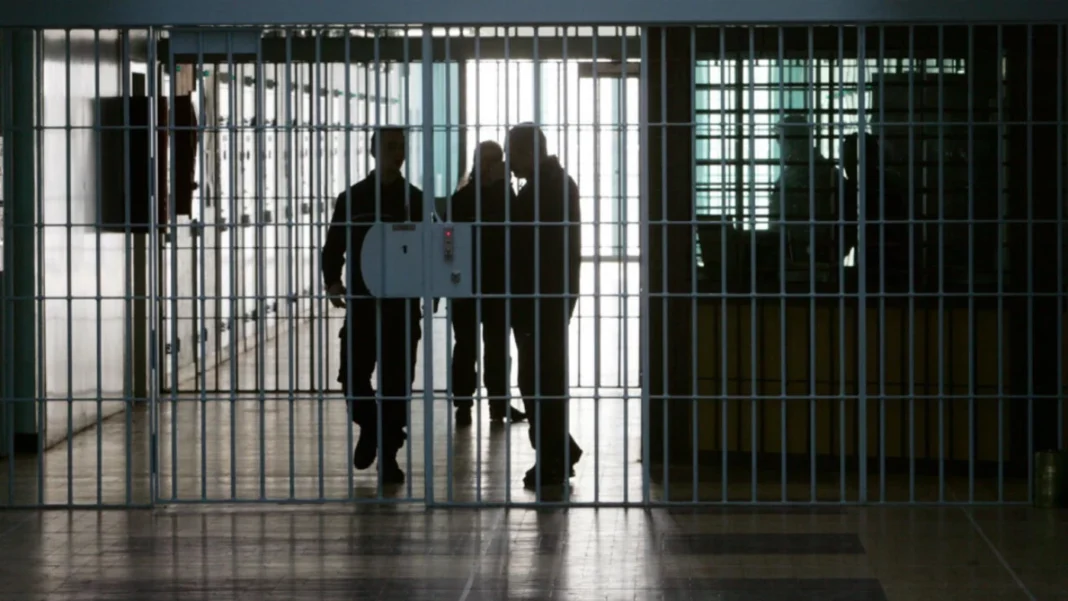The Sazan border crossing has gained official recognition as part of a sweeping development initiative in Halabja. The Kurdistan Regional Government (KRG) unveiled several major projects for the governorate on Monday, including plans to strengthen ties with Iran.
At a meeting in Erbil, Halabja Governor Nukhsha Nasih joined the Council of Ministers. During the session, she revealed that the government had approved a number of important development initiatives. According to her, these plans will gradually roll out in the coming months.
Meanwhile, Omed Sabah, who heads the Council of Ministers’ Diwan, held a press conference to outline the details. At that time, he confirmed that the Kurdistan Region will formally recognize the Sazan border crossing. Furthermore, he stated that the government will immediately begin all legal and administrative steps to operationalize the border point.
Geographically, the Sazan crossing sits near the village of the same name, about 13 kilometers east of Halabja’s center. Specifically, it runs along the Sirwan River, where it connects Halabja with Iran’s Kermanshah governorate. As a result, local officials view this location as strategically valuable for trade and logistics.
Unlike Pshte and Tawela, the other two border points in Halabja, the Sazan border crossing holds greater economic promise. Local officials believe it could become a critical trade link. It would directly connect Halabja, Sulaymaniyah, and Garmiyan with the Iranian districts of Kermanshah, Paveh, and Javanrud.
Eighteen local leaders, residents, and officials were present during the official announcement. The KRG pledged 250 billion Iraqi dinars (about $177 million) for a range of development efforts. These include infrastructure projects, job creation, healthcare, urban planning, and tourism development.
Among the key initiatives is the hiring of 250 local residents. The government also announced the creation of a special health board. This board will provide care for survivors of the 1988 chemical attack. A new city master plan is also in development to guide future growth.
Governor Nasih described these moves as the beginning of “a new phase of development and recognition” for Halabja. For years, the city has played an important role as a connection point between the Kurdistan Region and western Iran.
With the recognition of the Sazan border crossing, Halabja’s regional importance is set to grow. The government’s investment signals a strong commitment to the city’s future and its people.



